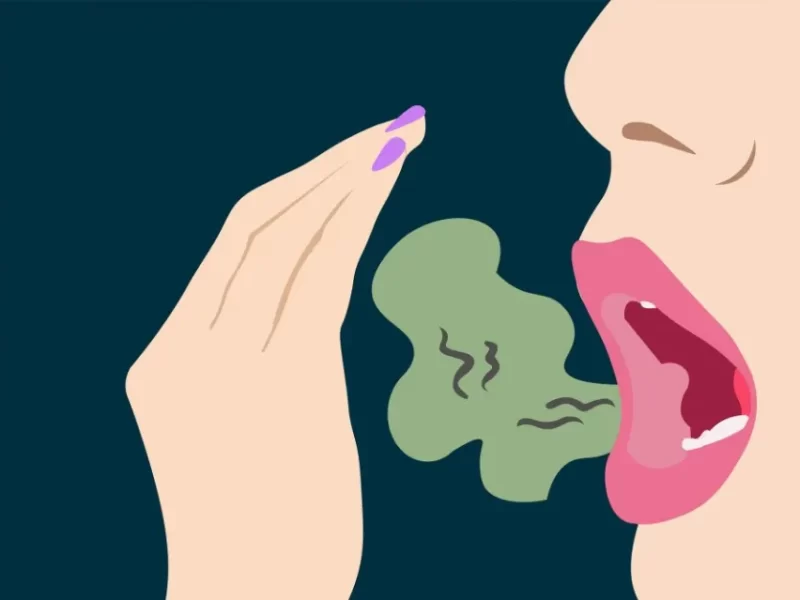Acid indigestion is another name for acid reflux. Almost everyone will experience it at some point in their life. Young children and adolescents can also experience acid reflux.
Your doctor may recommend medications if lifestyle modifications and natural cures are ineffective in treating your acid reflux or GERD symptoms. They might suggest antacids, for instance. Although constipation is a known adverse reaction, antacids are effective in treating GERD.
You will learn why antacids cause constipation in this article, along with some tips on how to relieve constipation from antacids.
Related: Prune Juice Work for Constipation in Adults: How Fast is It? – Elder VIP
What Are Antacids?
For the relief of indigestion and heartburn, antacids work by neutralizing (neutralizing) the stomach’s natural acid.
They come as liquid or chewable tablets and can be bought from pharmacies and shops without a prescription.
Antacids may help if you have:
- Indigestion
- Heartburn or acid reflux – also known as gastro-oesophageal reflux disease (GORD)
- A stomach ulcer
- Gastritis (inflammation of the stomach lining)
They can quickly relieve your symptoms for a few hours. Although it is not advised to use them long-term, they do not address the underlying cause. Speak to a GP if you find you need to take antacids regularly.

Side effects of antacids:
If used as directed and only occasionally, antacids typically don’t have many side effects. But sometimes they can cause:
- Diarrhea or Constipation
- Flatulence (wind)
- Stomach cramps
- Feeling sick or vomiting
Once you stop taking the medication, these should disappear.
If side effects do not go away or become bothersome, talk to a pharmacist or a doctor. It’s possible that you’ll have to change medications.
Why Do Antacids Cause Constipation?
Antacids (not to be confused with gastric acid inhibitors such as cimetidine, ranitidine, pantoprazole, omeprazole, etc.) either chemically neutralize the acid in the stomach or bind to it physically to put it out of play. They typically work quickly and provide temporary relief. Aluminum hydroxide is present in the majority of antacid types. In a study done to evaluate the risk factors for chronic constipation, aluminum-based antacids featured prominently on the list. Constipation is a result of aluminum’s inhibition of the motor activity of the intestines and stomach (regular, rhythmic, muscular contractions that allow food to move forward while digestion).
While gastric acid aids in the digestion of food, it also serves to protect the body by eradicating bacteria from food and drink. So it can be a problem if there is too much antacid present.
Advertisement – Continue Reading Below
Bacteria can thrive in the GI tract when stomach acid is excessively neutralized. In essence, this compromises one of the body’s primary defenses. This might allow different kinds of bacteria to cause diarrhea and gastroenteritis. Additionally, it might increase your risk of developing an upper respiratory infection.
How to Relieve Constipation from Antacids?
antacids are often the preferred GERD treatment. They can heal the esophageal lining and treat GERD symptoms, but they can cause constipation.
There are several methods for treating constipation brought on by antacids. These include:
Exercising More
Exercise encourages intestinal motion, which facilitates stool passage. Set a weekly goal of 150 minutes of moderate exercise, with a minimum of 30 minutes per day, five days a week. Try walking, swimming, or biking.
Before beginning an exercise program, it is best to consult your doctor.
Take in More Fiber
Typically, foods high in fiber don’t cause reflux. Additionally, they can give your stools bulk, which will make them easier to pass. To prevent side effects like bloating and gas, it’s crucial to gradually increase your fiber intake.
Examples of high-fiber foods include:
- Whole-grain bread
- Fresh fruits
- Vegetables
Staying Hydrated
Increase the amount of water you drink every day. Drinking more water can help your stool pass more easily if you don’t have any health-related fluid restrictions.

Taking An OTC Medication
There are many types of constipation medication that you can buy over the counter:
- Laxatives make stool easier to pass. Examples include polyethylene-glycol-3350 (GIALAX) and senna (Fletchers Laxative).
- Stool softeners soften hard stool. An example is docusate (Dulcolax).
- Fiber supplements add bulk to stool.
- Stimulant laxatives cause your intestines to contract and move more stool. Sennosides, also known as Senokot, are an example.
You should only use these medications if you are constipated; they are not meant to be taken regularly. Inform your doctor if you experience persistent constipation. They are able to identify the underlying issue and suggest the most appropriate course of action.
Some people may use probiotics such as Bifidobacterium or Lactobacillus. Probiotics are a limited-evidence treatment for constipation.
Alternatives to Antacid Treatments
You can alter your lifestyle and take over-the-counter (OTC) medications, in addition to other steps.
- Don’t wear anything too tight. Actually, wearing tight clothing can force acid upward, causing reflux. Wearing comfortable, loose-fitting clothes can help keep this from occurring.
- After you finish eating, remain upright for at least three hours. By doing this, acid reflux may be prevented.
- Sleep with an angle. Keep your upper body about 6 to 8 inches higher. … a……………………………
- Quit smoking. Your symptoms will be lessened as a result. Avoiding secondhand smoke is another option.
- Avoid specific foods and beverages. This includes spicy or greasy foods, chocolate, alcohol, and beverages that contain caffeine. These things could all aggravate your acid reflux.
Antacids, which assist in neutralizing excess stomach acid, are among the OTC medications available to treat acid reflux. Examples include:
- Aluminum-hydroxide-magnesium-hydroxide-simethicone (Maalox)
- Calcium carbonate (Tums)
- Dihydroxyaluminum sodium (Rolaids)
The production of stomach acid is decreased by a different class of medication known as H2 blockers. Examples of these medications include:
- Cimetidine (Tagamet)
- Famotidine (Pepcid)
- Nizatidine (Axid)
Final Thoughts
The connection between acid reflux and constipation teaches us that each unit and process in our body is intricately linked to another. Western medicine believes that treating each disease as unique and haphazard can sometimes create more problems than it attempts to solve. An example of this strategy is the use of antacids that reduce heartburn while also causing constipation.



